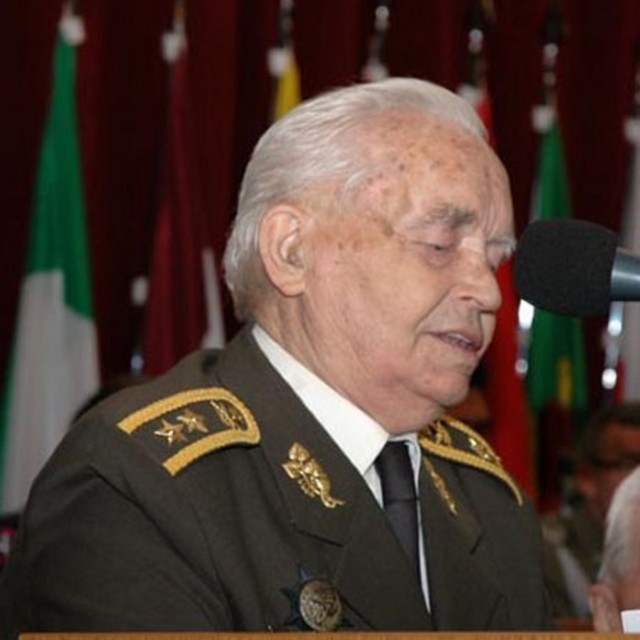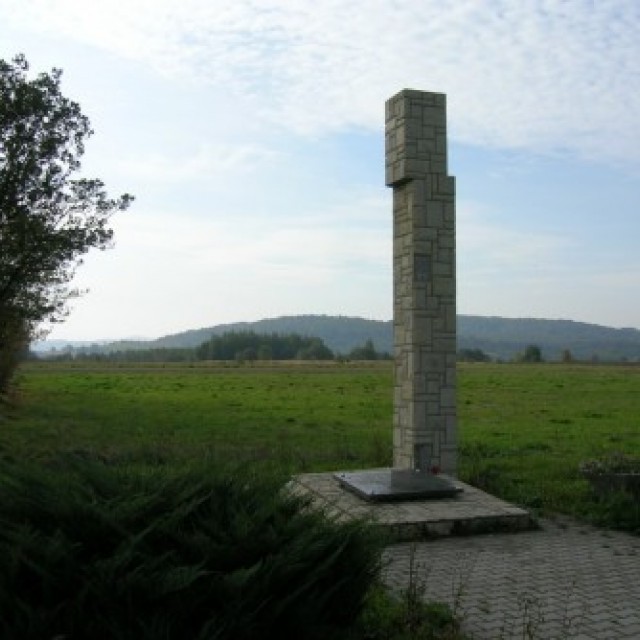I used a weapon against my own men
Oldřich Kvapil was in command of the second battalion of the First Brigade at Machnówka. At night, his commander, general Kratochvíl, had informed him that the Germans were eight to ten kilometers ahead of the Czechoslovak units. “But in fact, the enemy was four hundred meters away from us, which we didn’t know,” Kvapil recounts. At dawn, he ordered his troops to form columns of three and to set out for another march, but they had come across enemy troops in a place where nobody expected them to be. He continued: “I asked commander Svoboda to carry out reconnaissance before the march." Kvapil says that he did not believe Kratochvíl, who maintained that it was the Soviet units ahead: “We hadn't heard any combat, we already had some experience.” That is why, at night, he sent out a reconnaissance unit, which in his opinion, however, did not fulfill its task. The Germans let the unit approach their rear, without putting up resistance: “The squadron was encircled. Not until nine a.m. did they manage to fight their way back, but half of them died there.” The attack, allegedly, started at around ten a.m. The Germans had the support of the artillery and the tanks. “At that moment the commander was away, preparing the attack at the brigade’s headquarters. I was in command. During the strong artillery and mortar fire of the enemy, most of the platoon commanders were killed. At that moment the soldiers – eighty percent of them being inexperienced recruits – were left without command. The units started to retreat. I knew what it would mean if our battalion fell into panic. We were in the lead of the whole first brigade. Voices of panicking soldiers started to be heard, of soldiers in combat for the first time, German tanks were three to four hundred meters ahead of us, so I used all means, including the use of a weapon, and managed to stop the battalion,” Kvapil recalled.
Hodnocení
Hodnotilo 0 lidí
Routes
Not a part of any route.
Comments
No comments yet.





